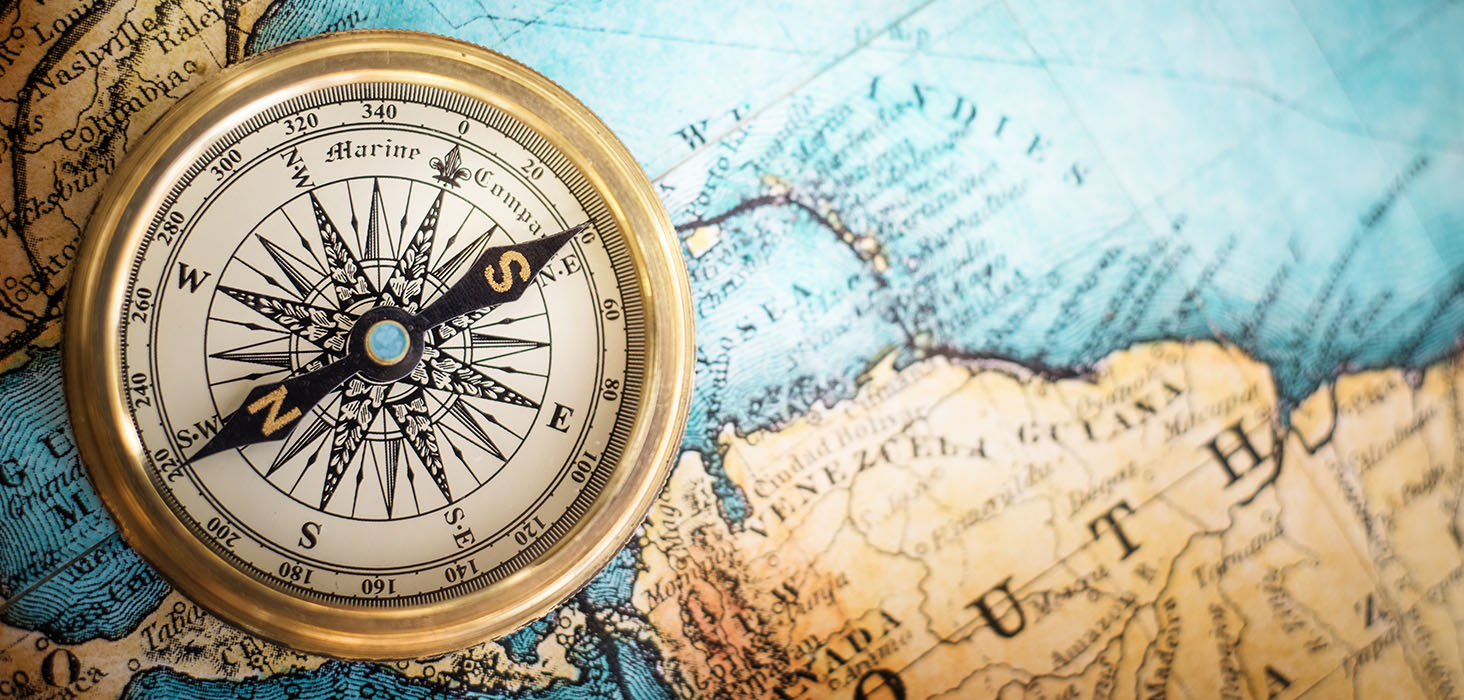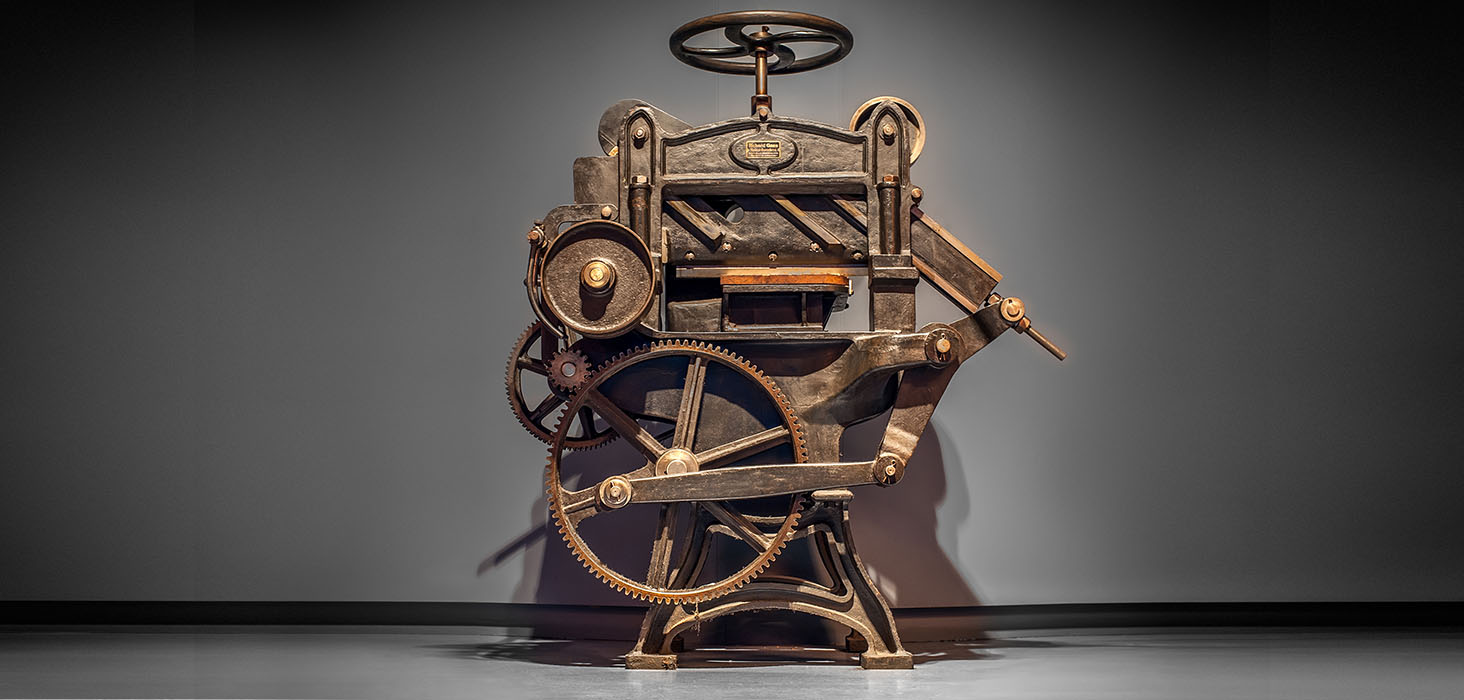At first glance, humans appear to be little more than hairless simians. Many of the supposedly unique human qualities can be found elsewhere in the animal kingdom. The use of tools, social structures, and even language have all been observed in other species. But one thing that sets us apart from all the other beasts is our inventiveness. From the wheel to the combustion engine, from the candle to the light bulb, human ingenuity has made us the most transformative animal on the planet – for better or worse. We have assembled five game-changing inventions that changed the course of history and ensured that we, as a species, are where we are today.
Agriculture

Agriculture is arguably the most significant development ever made in human history. While findings suggest that our ancestors gathered wild grains as early as 100,000 years ago, it is the cultivation of plants and domestication of animals that would forever change the face of the planet, turning hunter/gatherers into sedentary farmers.
The idea to actively sow and breed crops was not a singular lightning in the bottle moment, however. Agriculture arose independently at least eleven times in all corners of the Earth in a relatively short period of time, starting some 11,000 years ago. It sparked the rise of civilization as we recognize it, and the transition from prehistoric time to recorded history. Our modern world would be unthinkable without the pioneering work of our tilling forebears.
Interestingly, the world's first farmers weren't human at all: ants, who cultivate fungi and even herd lice, beat us to this invention by 60 million years!
The Compass

For the better part of history, seafarers navigated by the stars – a method that was limited to the night and necessitated staying relatively close to the coast. This all changed with the invention of the compass in China around the 1st century BCE, although it took until the 11th century for it to be used as a navigational tool. Made of lodestone, a magnetic ore, it vastly increased the safety and the reach of nautical endeavours. It was quickly adopted by Western cultures and ushered in the age of exploration and global trade. Without the compass, the history of seafaring nations like Britain, Spain, or the Netherlands would have run a very different course.
The Printing Press

The modern world is unthinkable without the instant access to information we enjoy. Until the mid-15th century, however, that information was limited to the select few who could afford it in the shape of illuminated manuscripts. The production of which was painstakingly slow and prohibitively expensive.
Then, along came Johannes Gutenberg and changed everything. The German inventor conceived of a method to mechanise the transfer of ink from moveable metal types to paper and constructed the first printing press. The invention caught on, and within a few decades, printing workshops could be found in every major town in Europe. For the first time in human history, knowledge became widely available and affordable, effectively putting an end to the ignorance of the Middle Ages and setting off the Renaissance. Science and literature flourished like never before, and literacy was no longer a privilege of the rich and powerful.
The science behind novel learning

Millions of people owe their lives to what was essentially an act of scientific sloppiness. In 1928, scientist Alexander Fleming noticed a Petri dish in his laboratory wasn't properly sealed. The bacterial sample had become contaminated with a fungus. A closer examination revealed that all the bacteria had been killed by this fungus, or mold, but that the mold itself was harmless to humans. From this discovery, penicillin was developed: the world's first antibiotic. Antibiotics revolutionized medicine like nothing ever before. Previously lethal diseases could now be treated and downgraded to nothing more than a mere inconvenience.
Unfortunately, the effectiveness of antibiotics led to their careless overuse, particularly as a prophylactic for livestock. In an evolutionary arms race, more and more bacteria have developed resistant strains which pose a serious problem today, showing that too much of a good thing can become a disadvantage.
The Transistor

All digital technology is based on two numbers: one and zero. Every kind of data can be represented as binary code. In terms of hardware, one and zero stand for on and off, i. e. the presence of an electric current or lack thereof. It is the basic principle upon which computers are built. But for a computer to be able to process binary code, you need a switch that can output ones and zeros in rapid succession, and it needs to be tiny – unless you want your mobile phone to be the size of a city block. The transistor is that very switch. Developed in 1947, it replaced the bulky and less reliable vacuum tubes that had been used in electronic devices before.
Made of semiconductive silicon, transistors have been developed in ever shrinking sizes – today, they can be 50,000 times smaller than the thickness of a human hair. Because they led to the development of increasingly powerful computer processors and subsequently sparked the digital revolution, many consider the transistor the most important invention of the 20th century.


